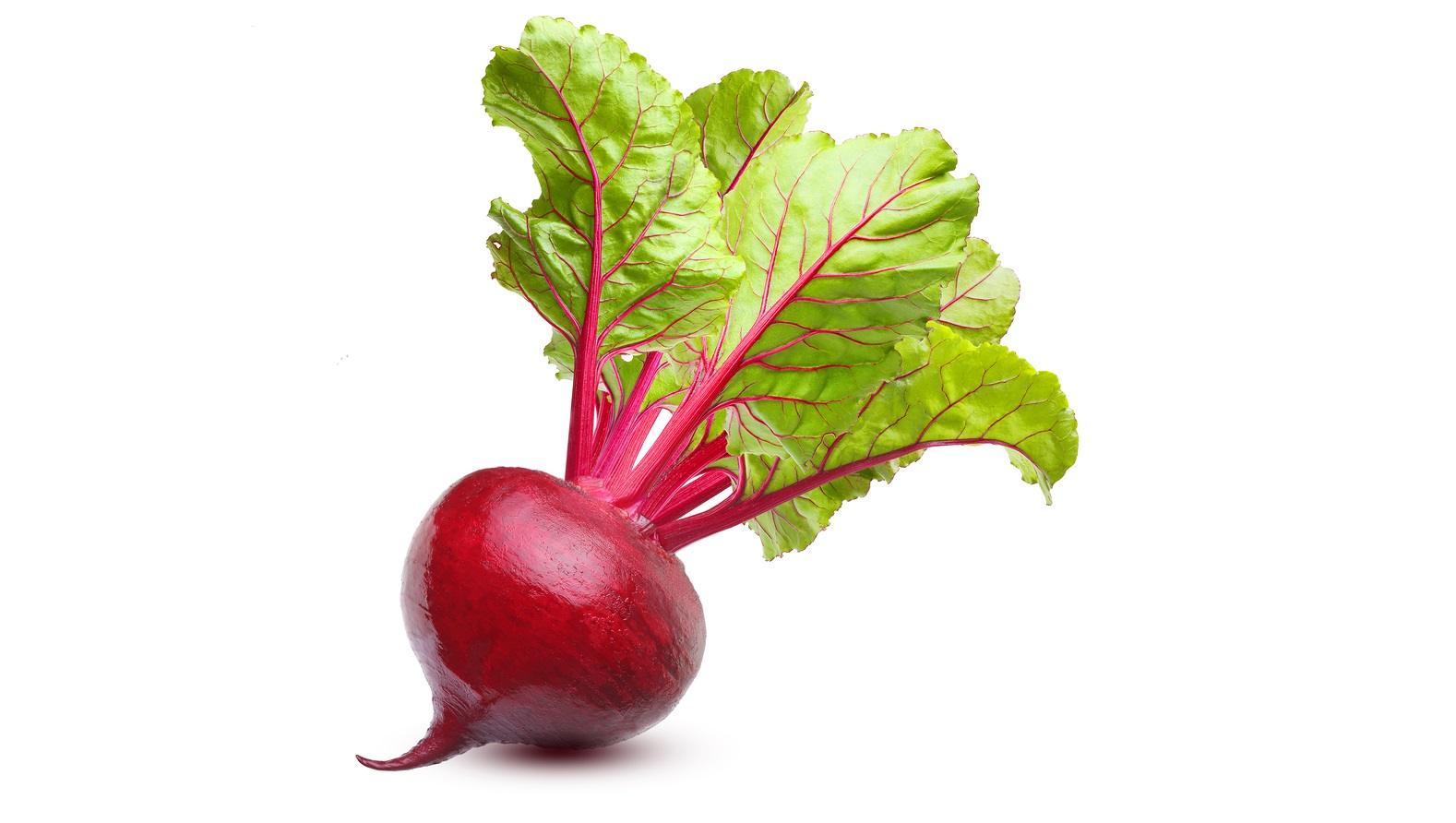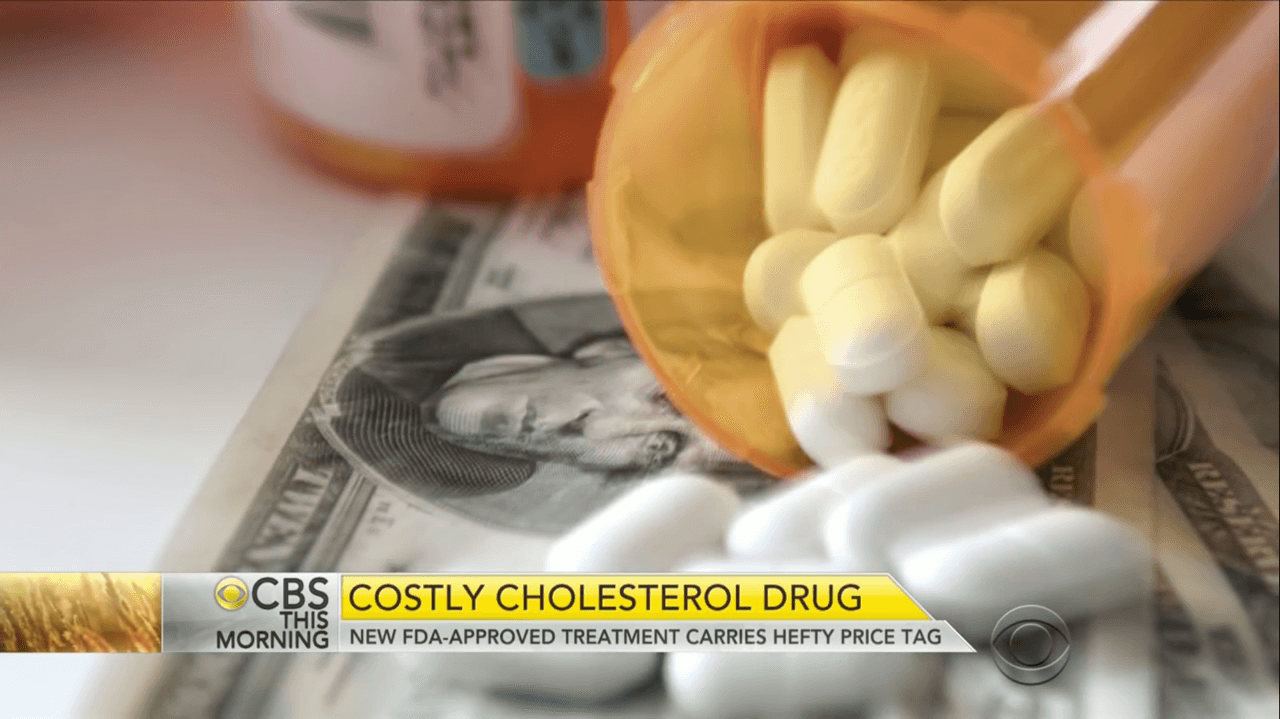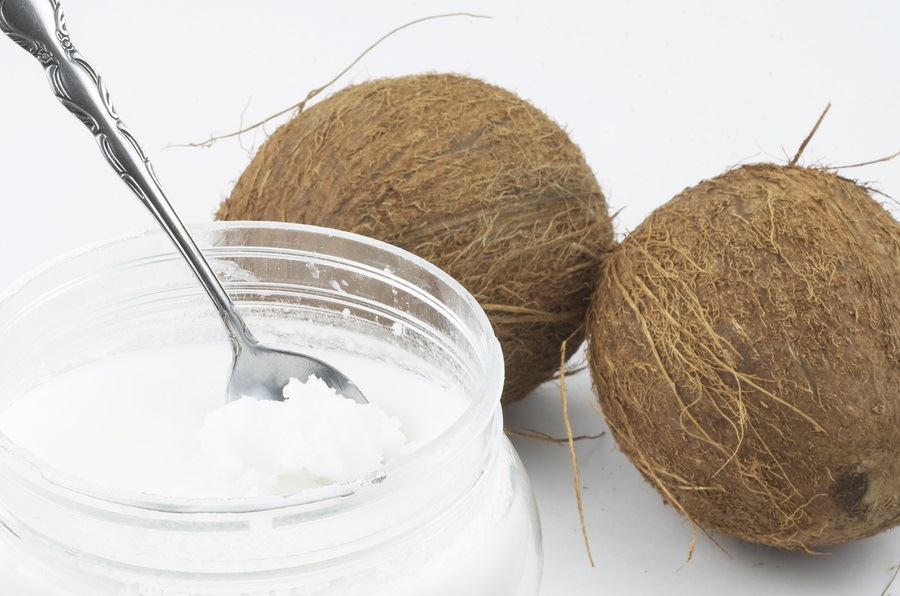Vaccine Awareness Week: Fighting the Vaccine Culture War and Opposing Mandatory Vaccines
This week from November 5-11, 2017 Mercola.com and the National Vaccine Information Center (NVIC) are co-sponsoring the Eighth Annual Vaccine Awareness Week (VAW), a week dedicated to raising awareness about vaccines and informed consent rights. With all the uncertainty surrounding the risks and failures of vaccines, it's critical to protect your legal right to make independent health choices and exercise voluntary informed consent to vaccination. It is urgent that everyone stand up and fight to protect flexible medical, religious and conscientious belief vaccine exemptions and expand informed consent protections in state public health and employment laws. During this week, Dr. Joseph Mercola will double match your donations up to $100,000 to the National Vaccine Information Center (NVIC), a non-profit charity advocating for vaccine safety and protection of the ethical principle of informed consent to medical risk taking, including vaccine risk taking. NVIC's mission since 1982 has been to prevent vaccine injuries and deaths through public education and to defend your legal right to exercise informed consent to vaccination.























